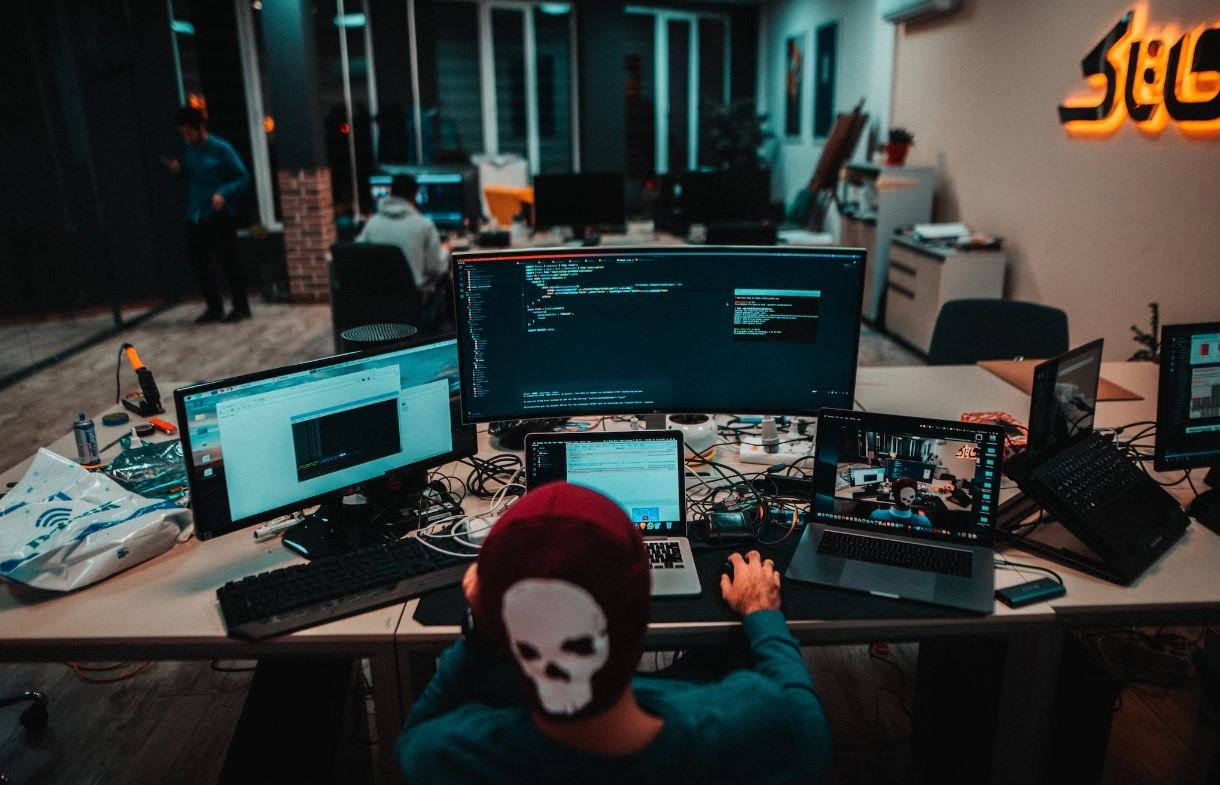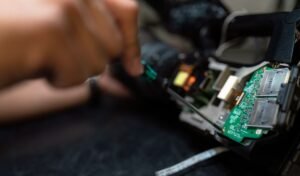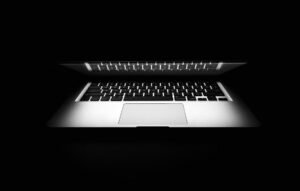AI Photo Lookup
With the advancements in artificial intelligence (AI) technology, AI photo lookup has emerged as a powerful tool for analyzing and categorizing images. This technology uses machine learning algorithms to identify objects, people, places, and patterns within images, enabling users to quickly search and organize their vast collection of photos.
Key Takeaways
- AI photo lookup utilizes machine learning algorithms to analyze and categorize images.
- It allows users to easily search and organize their photo collections.
- AI photo lookup can identify objects, people, places, and patterns within images.
- It saves time and effort by automating the process of manually tagging and organizing photos.
- This technology can be used in various industries, including photography, e-commerce, and social media.
One of the main advantages of AI photo lookup is its ability to automatically identify objects and entities in images. By training the AI algorithms on huge datasets, it becomes capable of recognizing various objects ranging from everyday items to specific landmarks or even species of animals. This enables users to quickly search for specific images containing certain objects or entities, thereby saving time and effort in manually searching through thousands of photos. It also provides a powerful tool for businesses that need to analyze and categorize large amounts of visual data.
Furthermore, AI photo lookup can also detect patterns and analyze visual data. For example, it can identify repetitive elements or color schemes within images, allowing users to organize their photo collections based on specific visual criteria. Additionally, this technology can also be used to detect facial expressions, sentiments, or trends in user-generated content on social media platforms, providing valuable insights into consumer behavior and preferences.
When implementing AI photo lookup, it’s essential to ensure accuracy and reliability. While the technology has made significant strides in recent years, it still has limitations and may not always accurately identify objects or entities in complex or ambiguous images. However, ongoing advancements in AI continue to improve the accuracy and efficiency of photo lookup systems.
Benefits of AI Photo Lookup
- Time-saving: Automates the process of manually tagging and organizing photos.
- Efficiency: Enables quick and easy searching of specific images or categories.
- Data analysis: Provides insights into patterns, trends, and consumer preferences.
- Enhanced organization: Allows for organizing photo collections based on visual criteria.
- Improved user experience: Enables seamless navigation and browsing of image libraries.
AI Photo Lookup in Different Industries
| Industry | Application |
|---|---|
| Photography | Efficiently categorize and search through large photo collections. |
| E-commerce | Effectively tag and showcase products for improved search and discovery. |
| Social media | Analyze user-generated content for sentiment analysis and trend identification. |
| Security | Enhance video surveillance and identify potential threats or suspicious activities. |
AI photo lookup has the potential to revolutionize the way we interact with our digital photo collections. By leveraging machine learning algorithms, it simplifies the process of organizing, searching, and analyzing photos, offering numerous applications across various industries.
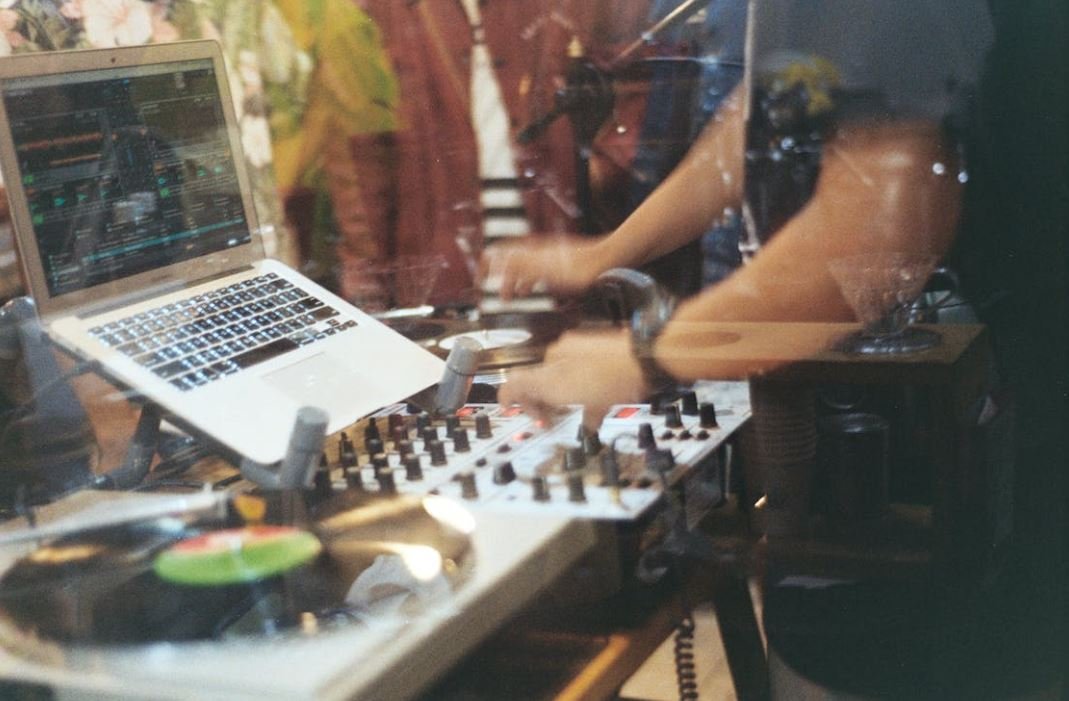
Common Misconceptions
Misconception 1: AI Photo Lookup can accurately identify anyone
One common misconception about AI photo lookup is that it can accurately identify any individual just by analyzing their photo. However, this is not entirely true. AI photo lookup tools rely on various algorithms and patterns to match photos with potential identities, but their accuracy is not perfect.
- AI photo lookup is based on probability and patterns rather than certainty.
- There is always a chance of false positive or false negative matches.
- AI photo lookup might struggle with photos that have poor quality or low resolution.
Misconception 2: AI Photo Lookup is always invasive and breaches privacy
Some people believe that AI photo lookup is always invasive and breaches privacy. While it is true that some applications of AI photo lookup can raise privacy concerns, not all uses of this technology are inherently invasive.
- AI photo lookup can be used for legitimate purposes like finding missing persons or identifying criminals.
- Privacy concerns can be mitigated with appropriate regulations and consent-based usage of AI photo lookup tools.
- Not all AI photo lookup tools retain or store the photos analyzed, ensuring privacy protection.
Misconception 3: AI Photo Lookup is infallible and foolproof
Another common misconception is that AI photo lookup is infallible and foolproof, meaning it can never make mistakes. However, AI systems, including those used for photo lookup, are not immune to errors or limitations.
- AI photo lookup algorithms might be biased due to the data they were trained on, leading to inaccurate results.
- Mistaken identities can occur if multiple individuals have similar physical features.
- AI photo lookup should be used as a tool for investigation, not as the sole source of truth.
Misconception 4: AI Photo Lookup can replace human analysis
Some people mistakenly believe that AI photo lookup can replace human analysis when it comes to identifying individuals or analyzing images. However, human analysis still plays a crucial role in the accuracy and interpretation of AI-generated results.
- Human analysts can provide context and subjective judgment that AI algorithms lack.
- AI photo lookup is a valuable tool for human analysts, but it should not be relied upon as the sole method of analysis.
- In complex cases, human expertise is vital for accurate identification and interpretation of images.
Misconception 5: AI Photo Lookup is a perfected technology
Lastly, it is a misconception that AI photo lookup is a perfected and mature technology. While it has made significant advancements, there is still room for improvement and ongoing research.
- AI photo lookup is an evolving field with new algorithms and techniques being developed continuously.
- Researchers are actively working to address the limitations and biases in AI photo lookup systems.
- Continuous improvement in AI photo lookup technology is necessary to enhance its accuracy and reliability.
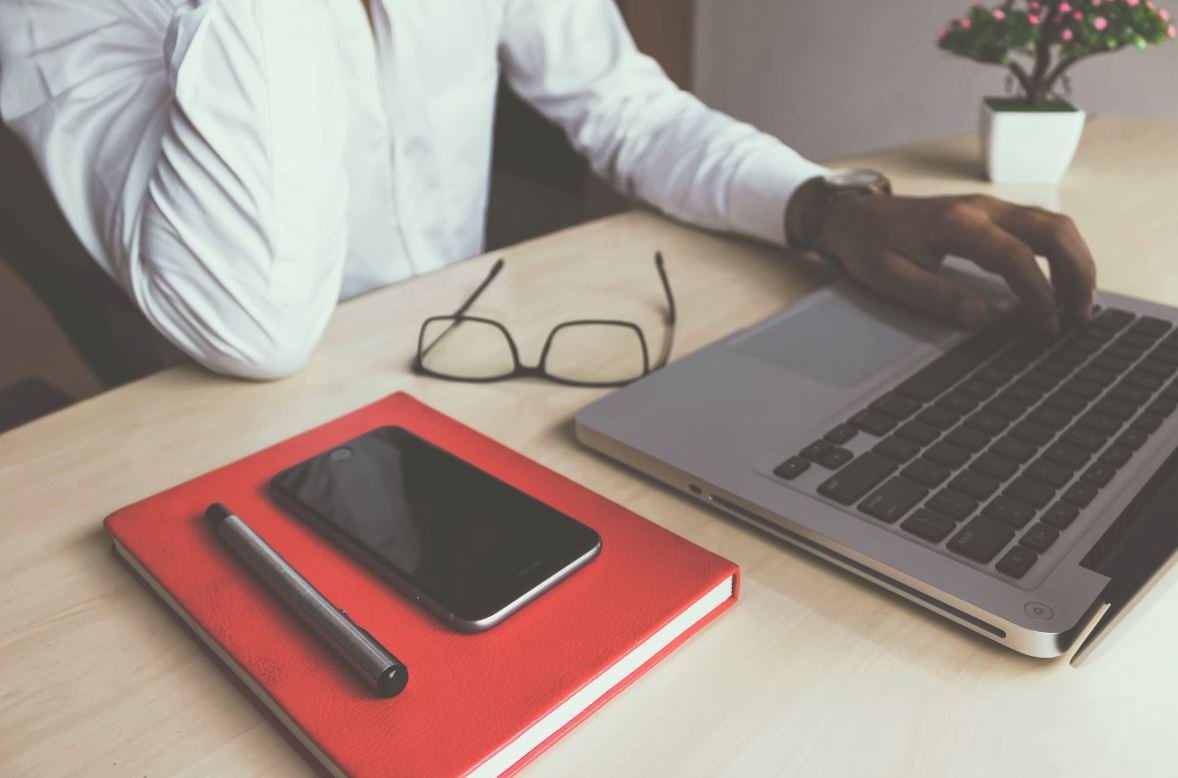
AI Photo Lookup Explained
AI Photo Lookup is a revolutionary technology that uses artificial intelligence algorithms to analyze and classify images. With the ability to extract valuable information from visual content, AI Photo Lookup opens up a world of possibilities across various industries, from e-commerce to healthcare. In this article, we will explore ten fascinating examples showcasing the power and potential of AI Photo Lookup.
Example 1: Identifying Animal Breeds
AI Photo Lookup can accurately identify the breed of animals in images. For instance, it can determine whether a dog is a Golden Retriever, a Chihuahua, or a German Shepherd, assisting veterinary professionals in providing targeted care and treatment.
Example 2: Detecting Emotional Facial Expressions
Using AI Photo Lookup, facial expressions can be analyzed to detect emotions like happiness, sadness, anger, surprise, and more. This technology has applications in areas such as market research, where it can gauge the emotional response to products or advertisements.
Example 3: Recognizing Food Ingredients
AI Photo Lookup can recognize individual food ingredients in images, helping consumers track their nutritional intake and dietary requirements. This technology simplifies the process of monitoring food content, especially for individuals with dietary restrictions.
Example 4: Assessing Skin Conditions
By analyzing images of the skin, AI Photo Lookup can assist dermatologists in diagnosing various skin conditions accurately. This technology aids in the early detection of skin diseases, leading to timely intervention and improved patient outcomes.
Example 5: Augmented Reality Shopping
With AI Photo Lookup, augmented reality shopping experiences can be created. By analyzing images of a user’s living space, AI algorithms can virtually place furniture or decor items, allowing customers to visualize how these items would look in their homes before making a purchase.
Example 6: Verifying Document Authenticity
AI Photo Lookup can verify the authenticity of documents, such as passports and driver’s licenses, by analyzing their visual elements. This technology helps prevent identity fraud and ensures the integrity of important identification documents.
Example 7: Monitoring Environmental Changes
AI Photo Lookup can be used to monitor changes in the environment by analyzing satellite images. It can detect deforestation, land degradation, and other environmental issues, providing valuable data for conservation efforts and policy-making.
Example 8: Enhancing Video Game Graphics
AI Photo Lookup allows video game developers to enhance graphics by analyzing and upscaling images in real-time. This technology creates visually stunning and immersive gaming experiences for players, pushing the boundaries of virtual worlds.
Example 9: Assisting Conductors in Music Interpretation
Using AI Photo Lookup, conductors can analyze sheet music and interpret nuanced instructions regarding tempo, dynamics, and articulation. This technology provides real-time feedback, facilitating accurate music interpretation and enriching performances.
Example 10: Identifying Plant Species
Agricultural experts benefit from AI Photo Lookup when identifying different plant species. By analyzing leaf structures, flower patterns, and other visual cues, this technology aids in plant classification and assists in developing effective farming practices.
AI Photo Lookup revolutionizes the way we interact with images and unlocks valuable insights from visual data. With its wide-ranging applications, from healthcare to entertainment, AI Photo Lookup empowers industries and individuals to harness the power of artificial intelligence for better decision-making and enhanced experiences.
Frequently Asked Questions
AI Photo Lookup
What is AI Photo Lookup?
AI Photo Lookup is a technology that utilizes artificial intelligence algorithms to analyze and search for specific objects, people, or scenes within photographs.
How does AI Photo Lookup work?
AI Photo Lookup uses deep learning and computer vision techniques to identify patterns and features within images. It creates a signature or embedding for each photo, enabling fast and accurate image-based searches.
What can AI Photo Lookup be used for?
AI Photo Lookup has multiple applications, such as image categorization, visual search, content moderation, object recognition, and facial recognition. It can be utilized for personal photo organization, e-commerce platforms, image search engines, and more.
Is AI Photo Lookup privacy-friendly?
AI Photo Lookup respects privacy by focusing on analyzing the content of images rather than personal data. The technology aims to improve user experiences without compromising privacy rights.
Can AI Photo Lookup accurately identify objects in photos?
AI Photo Lookup has advanced algorithms that can accurately identify and classify various objects, including common items, animals, landmarks, and more. However, the accuracy may vary depending on the complexity and quality of the image.
How long does it take for AI Photo Lookup to process an image?
The processing time may vary based on several factors, including the size and complexity of the image, the hardware resources available, and the specific algorithm being used. In general, AI Photo Lookup aims to provide fast and efficient image analysis.
Can AI Photo Lookup recognize faces?
Yes, AI Photo Lookup can recognize faces using facial recognition techniques. It can detect and identify facial features, allowing for applications like automatic face tagging in photos or facial authentication.
Is AI Photo Lookup accessible for developers?
AI Photo Lookup provides APIs and software development kits (SDKs) that allow developers to integrate the technology into their applications or services. This helps developers leverage the power of AI for various image-related tasks.
What are the limitations of AI Photo Lookup?
While AI Photo Lookup is highly advanced, it may face limitations in cases where images are of poor quality, heavily distorted, or contain rare or uncommon objects. The accuracy can also be influenced by lighting conditions and variations in image perspectives.
Can AI Photo Lookup be used in real-time applications?
Yes, AI Photo Lookup can be applied in real-time applications, especially when combined with efficient hardware and algorithms. It allows for quick analysis and search capabilities, enabling real-time object recognition and content suggestions.
